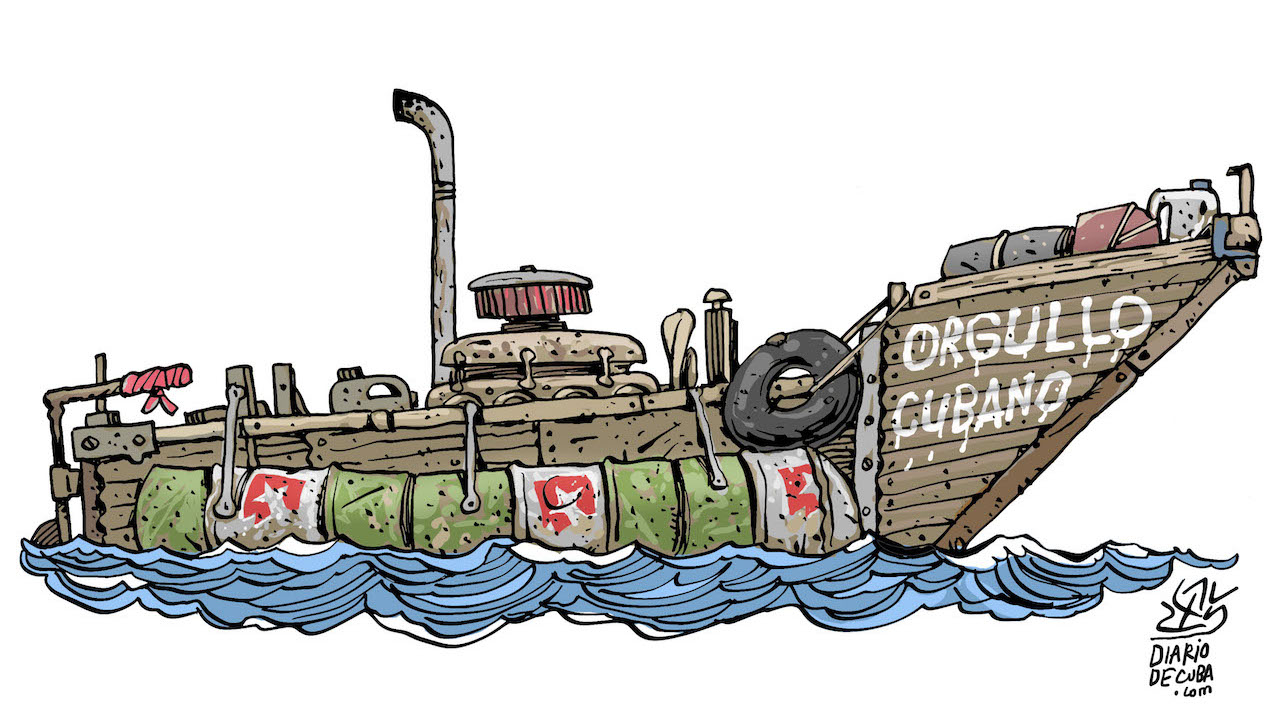"The State is not one-armed, nor can it be. It has two hands: one to receive, and one to give; in other words, the carrot and the stick. The activity of the former is necessarily subordinated to the activity of the latter... the more generous the hand that gives, the harsher is the hand that takes away."
This is how Frederic Bastiat explained the dual nature of the State, which is annually embodied in general budgets that, always and everywhere, constitute a compulsory and violent redistribution of national revenue.
Last December the Ministry of Finance and Prices presented the 2023 budget to the National Assembly and, as always, focused on its "carrots" (social programs, public services, subsidies) while barely referring to its "sticks," limited to warning private businesspeople of an impending "urgent transformation in tax compliance control systems, together with regulatory measures to bring in greater revenue, generating growth in collection."
The strange thing is that the tax revenues of the State are one of the few targets that are actually met in Cuba, at 102%! Relative to GDP, these revenues exceed by more than 15% the Latin American average, and by 4% that of developed countries forming part of the Organization for Economic Cooperation and Development (OECD). Is it really necessary to transform a system that works so well? ("Well" referring here to how effectively it squeezes taxpayers and workers).
It is politically advantageous for the Government to stir up rivalry between State and private workers, to feign concern for the people, thereby justifying its "stick," that which takes away, focusing this publicly on private agents, knowing that the population perceives them as richer, while those it takes from the most, those it really puts the screws to, are state workers.
And no, it is not by paying low wages that Castroism extorts from the people. Wages are the consequence, not the cause of the problem. This would be the kind of argument advanced by proponents of the discredited and erroneous law of Marxist exploitation. No, the real way the Cuban government exploits workers is by monopolizing the means of production, and the law.
The exploitation of Cuban workers is not in the form of low wages, but rather in forcing them to vegetate in the unproductive private racket of the Communist Party of Cuba (PCC) and the Revolutionary Armed Forces (FAR) that they have turned the nation into. Unproductiveness is the reason for low wages and, in turn, is the effect of the Castroist economic structure, designed not to generate well-being, but to sustain political stability while a few get rich.
By exploitation we mean that the state extracts much more from the people than it returns in the form of services and benefits, since a very significant portion of the resources is used to sustain the status quo: propaganda, repression, clientelism, nepotism, which only benefits the extractivist elite that controls the country.
Even so, the Minister of Finance and Prices tirelessly repeats that Cuba's budgets are "social," to emphasize that this government stands out for being one of those that allocates the most resources to the needs of the people, which is supposed to demonstrate its commitment to socialism and justice.
And, although in percentage terms it is true that Castroism earmarks a lot to education, health, social security, culture and sport (as much as 72% of total spending!) what this reveals is how paltry the Cuban budget is, due to the country's systemic unproductivity, and that the indispensable minimum required to sustain its ailing health and education systems, plus the meager pensions paid by the Government, weigh heavily with respect to the total budget. In real terms, Cuba is not among the countries that allocate the most money to education, health and social security.
For example, the island annually reserves a little more than 10% of its GDP for health, very close to what "neoliberal" Chile spends, with the difference that the Chilean GDP is more than triple that of Cuba's, and is distributed among less than twice as many inhabitants, which amounts to considerably more money per person, whatever the degrees of inequality in that country.
The Cuban State, in reality, spends very little on health, which is all too evident in its scarcity of medicines, its collapsing infrastructure, along with its health metrics, and the fact that, to retain doctors, because it does not pay them decently, it must prevent them from traveling or emigrating freely, and from practicing their profession privately.
Castroism's "sticks," more than money, take from the people freedom, opportunities, autonomy and dignity, which is why its carrots are so paltry. What was sold as a utopia, a more just and humane system, has become a nightmare, driving many to wake up in the hands of a coyote, in a sinking raft, or, more recently, overloading the WhatsApp accounts of potential sponsors in the United States.
